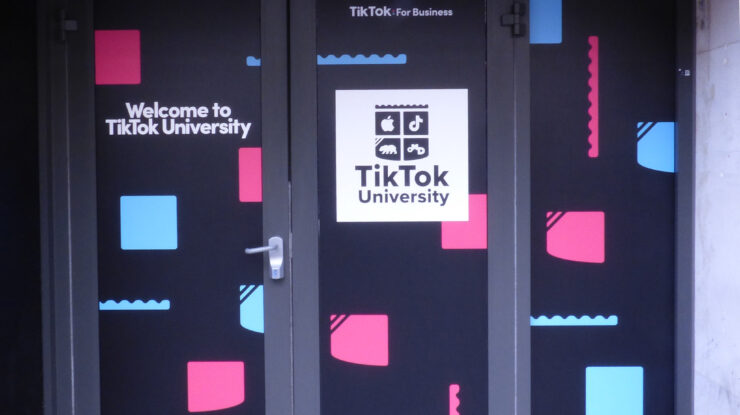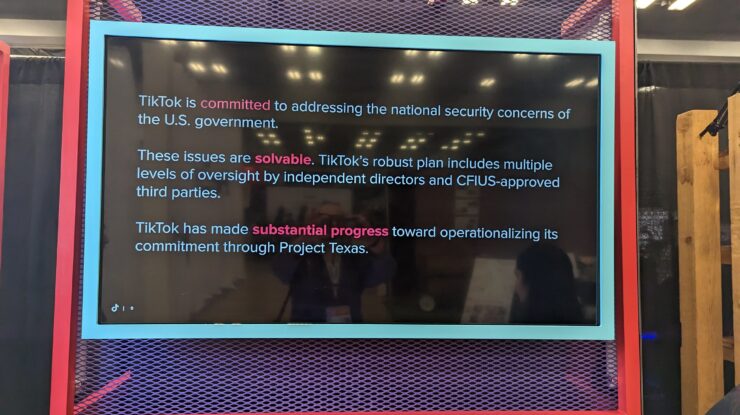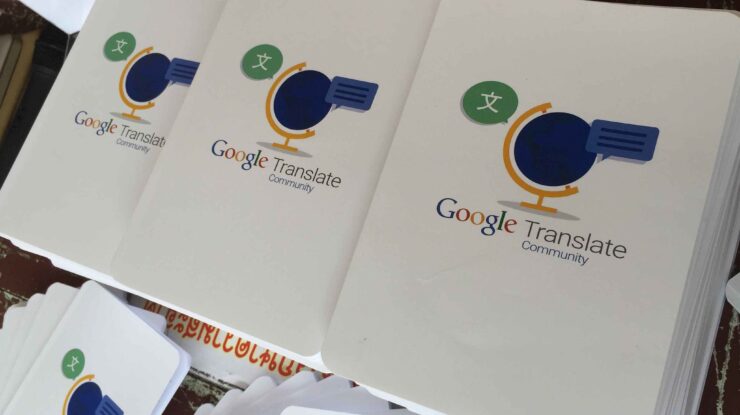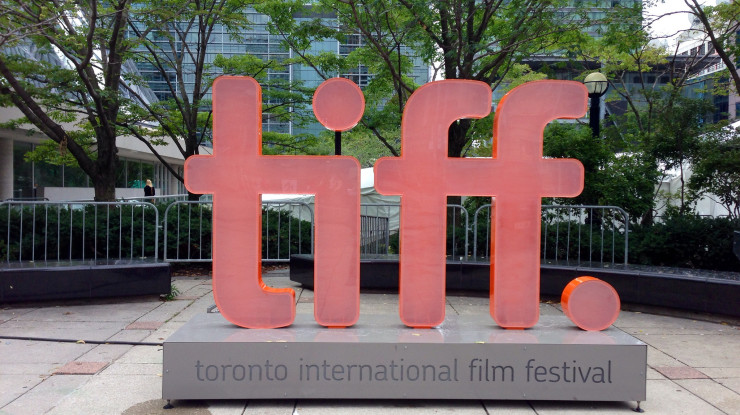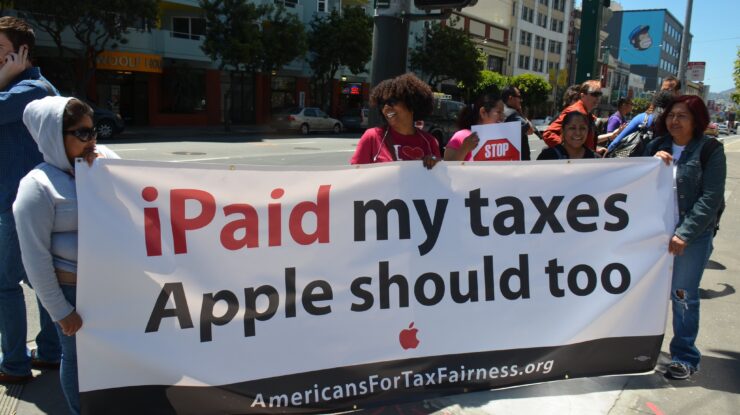Deborah Lyons, Canada’s recently retired envoy for combatting antisemitism, this week lamented that the effort to shine a light on increasing antisemitism in Canada had left her “despondent and despairing about the fact that it was hard to get people to speak up, to speak with clarity, to speak with conviction about what we were seeing happening here on Canadian soil.”
Jewish communities have long known silence. My The Hub opinion piece notes that at its worst, it has manifested in some communities as synagogue floors covered in sand to mask the sound of feet shuffling during silent prayers or by those hidden during the Holocaust to escape capture by the Nazis. In today’s Canada, silence comes in different ways. Some Jews quietly conceal their identity by refraining from displaying a Star of David or kippah, families remove mezzuzahs from their front doors to avoid telegraphing that it is a Jewish home, and the community avoids widespread promotion of events hosted in community centres due to security concerns.

